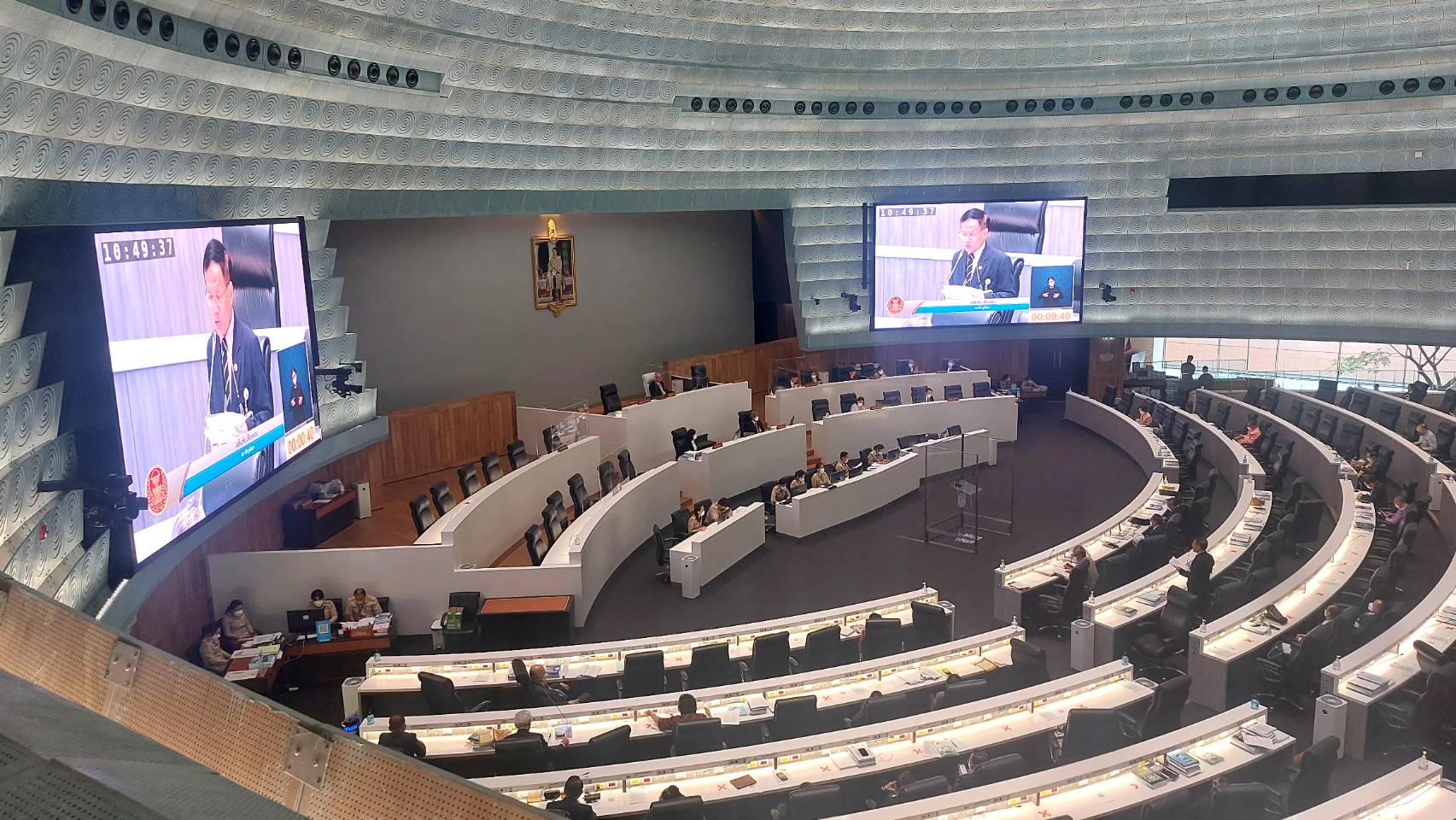Rules and procedures on the election of House speaker

Thailand’s House of Representatives is scheduled to hold its first meeting on July 4th, to elect the House speaker and two deputies, but the two major parties, Move Forward and Pheu Thai, are yet to settle on which of them will get the speakership.
Move Forward has already decided to nominate Padipat Suntiphada, while the Pheu Thai party is yet to choose its candidate, although it is speculated that Suchart Tancharoen will be nominated in case the two parties cannot resolve the matter before July 4th.
According to the Constitution, every MP is qualified to become the House speaker, as there is no law specifying minimum age or previous experience.
According to Section 116 (paragraph 2) of the Constitution, however, neither the House speaker nor his deputies can hold an executive post in a party. The speaker or the deputy speakers cannot hold ministerial posts and must not be political appointees.
Pol Gen Viroj Paoin, the most senior MP, at the age of 89, of the Pheu Thai party will chair the first House meeting, acting as the interim House speaker. All MPs are required to take an oath, failing that they cannot begin performing their duties.
Every MP has the right to nominate a candidate for the House speakership, but the nomination must be seconded by at least 20 MPs. All candidates will be required to give a vision speech in parliament.
If only one candidate is nominated, he or she shall be elected automatically.
If there are several candidates, however, the election will be decided by a secret ballot. Each MP will be given a piece of paper by the secretariat of the House, they write down the name of the nominee for whom they wish to vote and drop it in a ballot box. Five MPs, representing five parties, will form the vote counting committee.
One important role of the House speaker is to submit the name of the prime minister to HM the King for Royal appointment.






